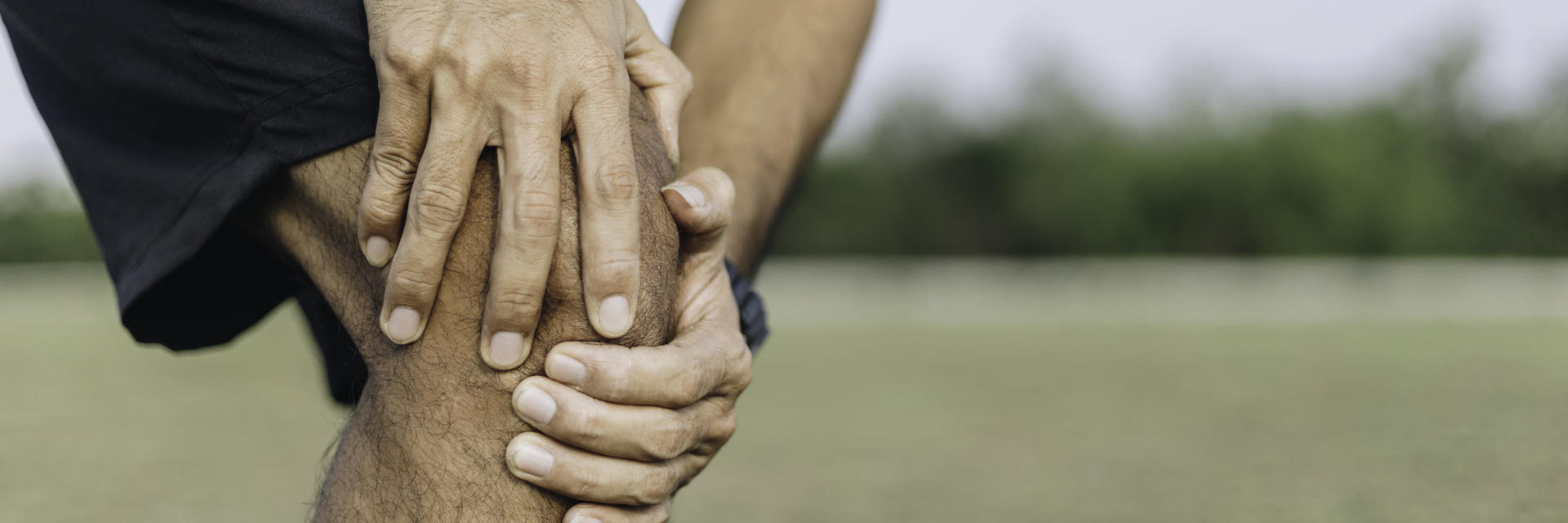Jumper’s Knee Treatment
The patellar tendon connects the kneecap to the tibia and is important in the function of the knee joint. Certain activities, like jumping, can put extra stress on the patellar tendon. Sports like basketball, volleyball, track and other high-energy activities can cause patella tendonitis, or jumper’s knee. Our team at Robotic Joint Center can perform jumper’s knee treatment to relieve knee pain and dysfunction at our medical clinic in New York City.
Patella tendonitis is an accumulative injury to the patellar tendon. Repetitive stress on the patellar tendon from running, jumping and other activities can strain this connective tissue. The act of bending and straightening the knee while jumping, with the added force of landing on a hard surface, can create small tears and damage to the patellar tendon, causing tendonitis or inflammation. Patella tendonitis is most common in athletes, but anyone can sustain this injury, especially those who are overweight. Without treatment, the patellar tendon can become weaker and at higher risk for larger tears.
Symptoms of Patella Tendonitis
If you have jumper’s knee, or patella tendonitis, you will experience anterior knee pain or discomfort in the front of the knee, especially when extending the leg or knee. The symptoms of jumper’s knee include:
- Pain and tenderness in the patellar tendon, right below the kneecap
- Increased pain when running, jumping, kneeling or climbing stairs
- Swelling below the kneecap
- A torn patellar tendon can cause the kneecap to be displaced upward
In mild or moderate cases of jumper’s knee, conservative, non-invasive treatment can be used. Rest, ice and anti-inflammatory pain relievers can be used to relieve pain and allow the tendon to heal. Physical therapy can also be helpful to strengthen the tendon and surrounding muscles. However, if a severe tear in the patellar tendon occurs, surgery could be required.
If you have symptoms of jumper’s knee, treatment is available at Robotic Joint Center. Contact our clinic in NYC to schedule a consultation and exam with our knee specialist to discuss the best treatment option to relieve your knee pain.
